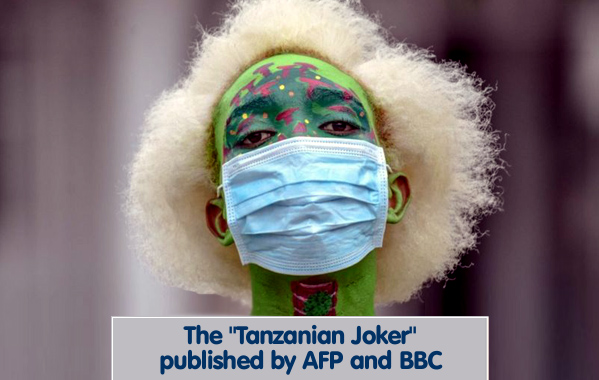
Less developed societies register less sickness from Covid-19 than developed societies. The science is mounting particularly from Africa and leading to considerations that achieving “herd immunity” is the best path forward for less developed countries.
The more and better you look, the more you find. South Africa and Morocco, for example which are pretty developed countries, report virus impacts more similar to Europe than Kenya or Cameroon. On the other hand, there are intriguing anti-body studies in sub-Saharan Africa which suggest something more might be at work protecting Africa.
Studies currently under peer review from Kenya and Mozambique are similar to the first one which stirred so much interest out of Malawi more than a month ago.
These three studies of the level of Covid-19 antibodies in the overall populations suggest just as great an infection country-wide as in Europe, but with far fewer hospitalizations and deaths.
Eyder Peralta’s NPR report this morning is a good example focusing on Kenya. Peralta has been trying to get air time on NPR for some time after Science magazine published its initial compendium of studies from Africa in early August.
Listen carefully to Peralta’s report, however, and you’ll understand why NPR may have go-slowed the reporting.
Peralta used as his expert, Shaun Truelove of Johns Hopkins who expressed some disbelief at the research’s conclusions even while labeling it “good work.” In particular Truelove admonished us against accepting the report’s “messaging.”
Consider that in South Africa, where the statistics move in the direction of developed countries, that recent studies showed that there have been four times as many deaths from presumably unrelated Covid-19 illnesses during than pandemic than would have been expected.
Why? Are they actually related after all? Or are hospitals so crippled by treating Covid-19 that normal treatments for other diseases are compromised? We don’t know, yet.
Another serious factor from Africa is how much younger African populations are than elsewhere. Random studies in Africa would have great difficulty in weighting those studies in any way to draw useful comparisons with the West.
Nonetheless, the central discussion whether Sweden’s failed experiment with herd immunity might work for Kenya is a valid one given these studies.
If this is a plausible strategy for Kenya or Malawi, for example, it may be a result of those country’s strict reactions to the initial virus outbreak, far more severe than say what happened even in New York.
In contrast, Kenya’s main neighbor, Tanzania, reacted totally differently imposing virtually no restrictions on its population. What is actually happening in Tanzania remains a terrible mystery, because all Covid evidence is suppressed by law.
As a result all we have are anecdotes, but they are grim.
As early as May, tweets and other videos leaked out of Tanzania showed secret, mass burials presumably from Covid-19 deaths. Media as radically different as the BBC and Al-Jazeera reported devastating impacts from the disease on the country.
London’s Daily Telegraph vetted six awful videos of coronavirus secret burials.
Since then Tanzania has slapped the most onerous penalties on anyone reporting anything about the virus. So evidentially, we just don’t know and must presume the situation in Kenya’s neighbor is extremely bad.
Unfortunately, none of what we know so far from Africa suggests to me that it will be more or less safe for we foreigners to travel to sub-Saharan Africa before getting a vaccination. By the time we are safely vaccinated, we’ll have a yet better understanding of what has happened in Africa and where it might be safe to visit.